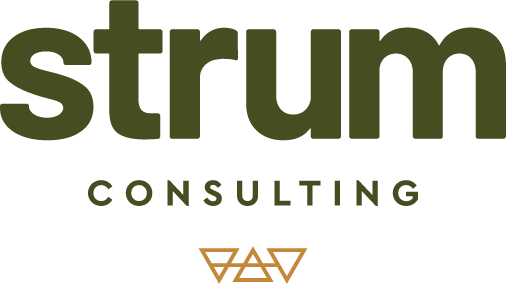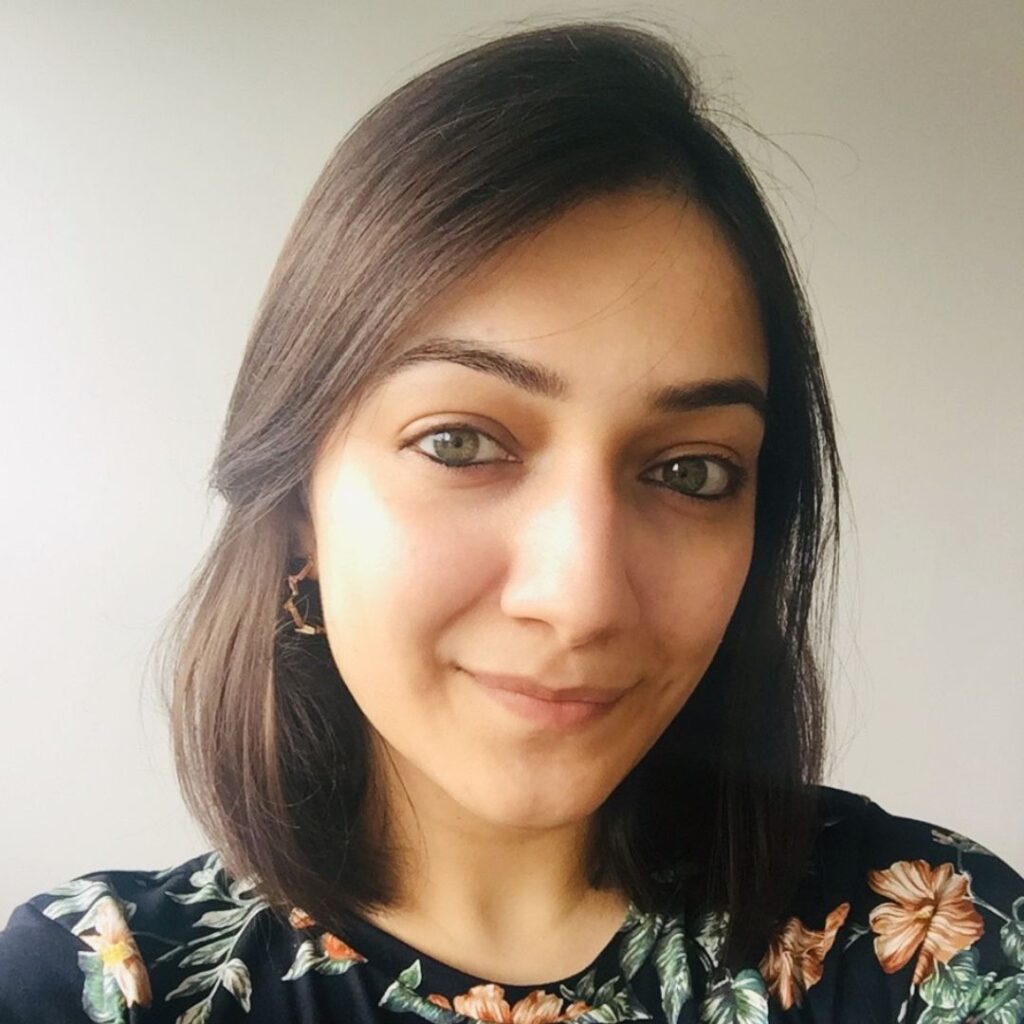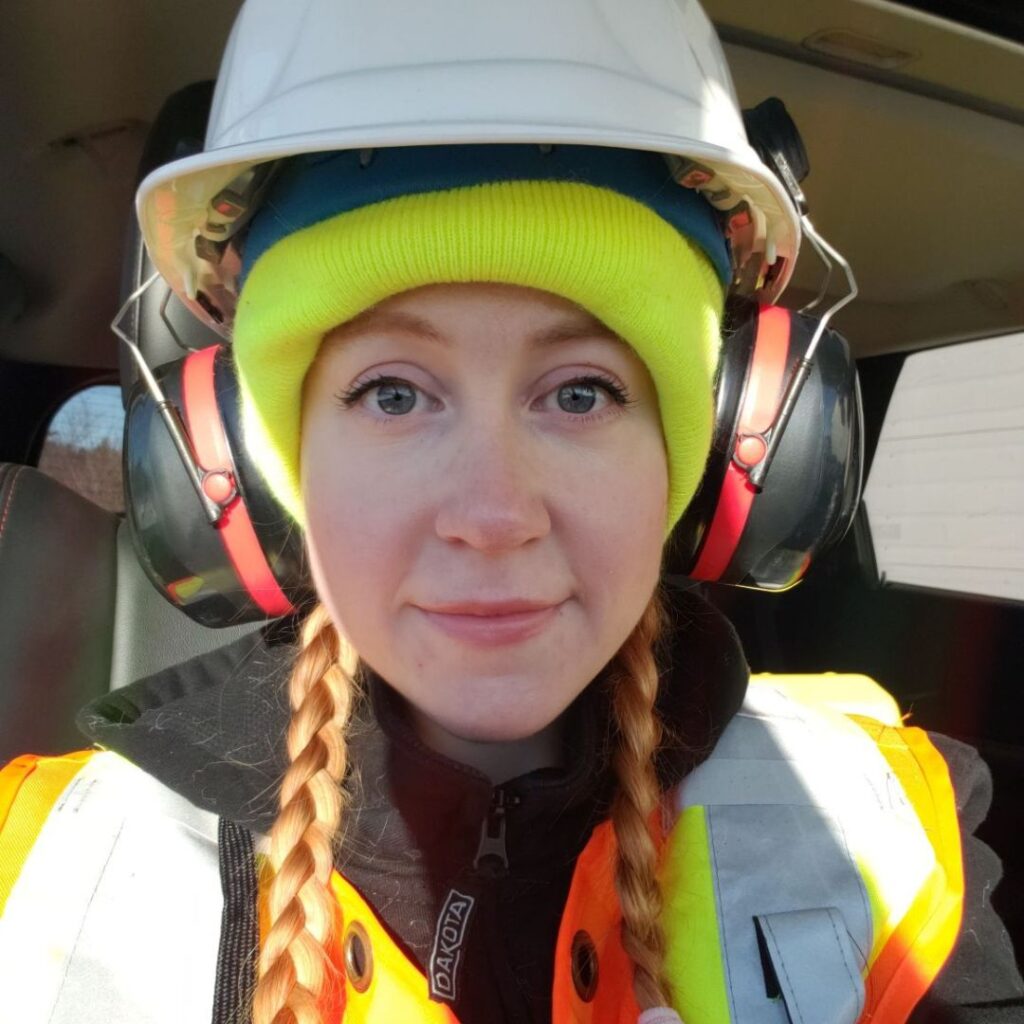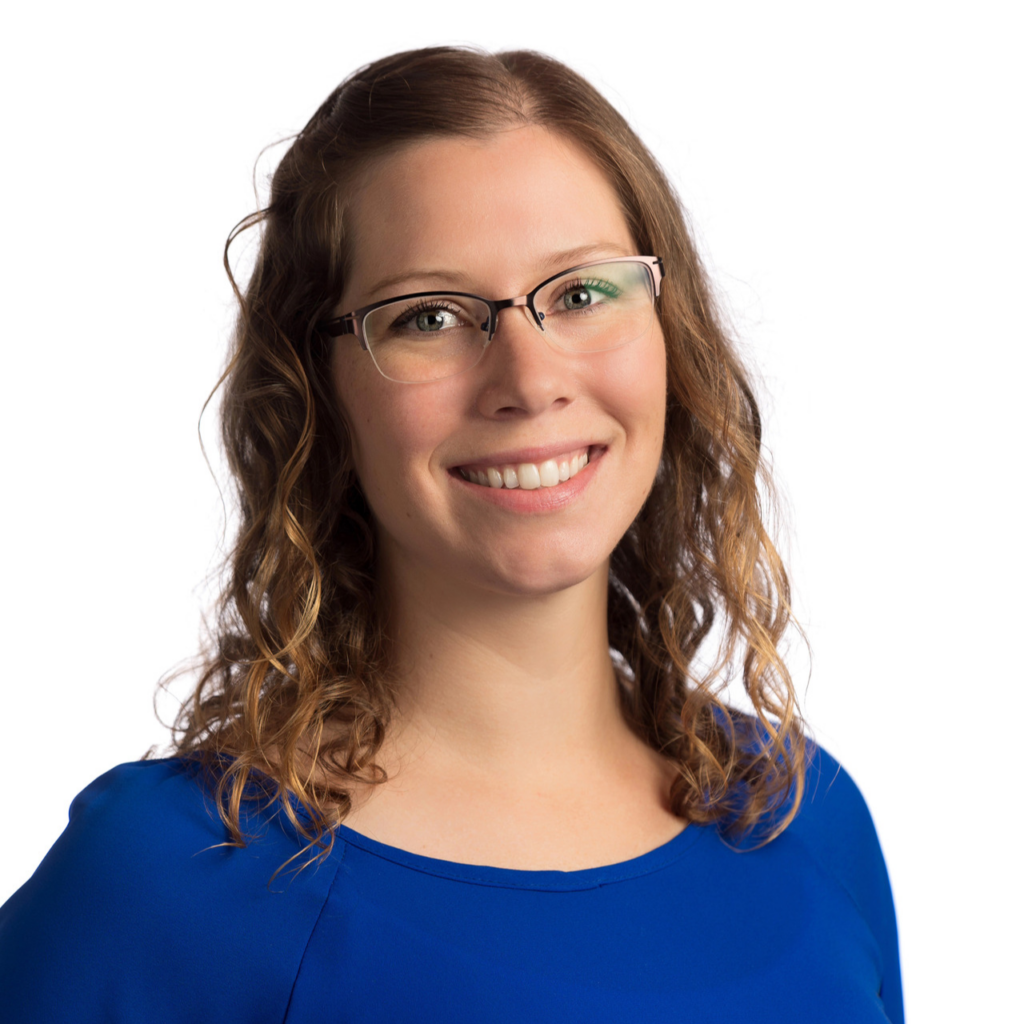June 23rd is International Women in Engineering Day! Today and every day, we celebrate and recognize all of the amazing women in engineering at Strum. This year, we asked a few of these women about their career paths and what “International Women in Engineering Day” means to them.
What made you decide to pursue a career in your field?
Manya: I chose civil engineering because I have always been fascinated by the idea of designing structures that are both functional and aesthetically pleasing while addressing societal issues like sustainability and safety. Civil engineering offers endless creative opportunities and I am thrilled to be part of it.
Deanna: I like to be challenged and feel like I am making a difference, every day is a fun new day.
Chrissy: My path to becoming a civil engineer was not very straightforward. I started out with the intention to become a surveyor because I really enjoyed the outdoors. Early in my career, I was given the opportunity to work for a small civil engineering firm as a CAD technician. I was immersed in the world of civil engineering, mainly municipal design and land development. I found the work very interesting and challenging, and after only a few months into this new position, I realized I was in the right place. I stayed in that role as a drafter for nearly 5 years before I left to pursue a degree in Civil Engineering.
Hannah: I had always had an interest in the sciences (math, physics, etc.), but also a passion for buildings and drawing. My initial plan was to complete the two-year diploma in engineering and then decide whether I would go onto architecture or civil engineering. Soon after beginning my diploma in civil engineering, I took an interest in the structural engineering courses and decided to continue in engineering.
Tell us about one of your favorite projects (or teams) that you’ve worked on and why?
Manya: I participated in the fund raising event for flood victims during my school days. Through the event, I joined forces with others to raise funds and provide support to those affected by the flood. It was a meaningful experience that left me feeling fulfilled and grateful for the opportunity to make a positive impact.
Deanna: I really enjoy any time that I get to work with GIS programs, I love math and I enjoy anytime I get to let my computer skills shine
Chrissy: I don’t have one specific project that I would consider a favorite, however one of the greatest enjoyments I get from my work is seeing the the projects come to life, especially the neighbourhoods and communities.
What advice would you give to a young woman interested in your field, and where should they start?
Manya: For a young woman interested in civil engineering, I suggest that it is a vast field with many opportunities for career enhancement, making a positive impact on society, and being creative and innovative. To start, it’s important to build a strong foundation in math, science, and problem-solving skills.
Deanna: Do not be intimidated, start each day confident, and believe in your abilities because if you believe it, others will believe it too.
Chrissy: Keep exploring, ask questions, and find mentors. Ultimately you need to put in the work to achieve your goals, but there are a lot of resources available to help you succeed.
Hannah: Engineering is much more than what you might imagine it to be in high school. It is actually quite broad and you might not know exactly where you’d like to specialize until you’ve worked in the field a bit, but I think that is what makes engineering what it is. The fact that you can do so many things and build upon the initial skillset and knowledge you gain from your degree. In general, if you have an interest in helping people reach their building goals and coming up with solutions, and also have a passion for learning (which you will never stop doing), then engineering is a great option. Regardless of which field you end up in, the willingness to learn and to problem solve are universal and will be valuable wherever you end up.
Focus on the coursework that you have a passion for, but be willing to take other courses to expand your knowledge, as you never know where you might end up and what knowledge might be most useful to you. Explore the various industries/fields within engineering (the co-op program is a great option for doing this), which will help gain an understanding of how you can apply the knowledge you’ve gained in school.
My advice to anyone specifically pursuing consulting/design would be to get lots of field experience at the beginning of your career. Having an understanding for constructability and how projects are completed is very important for any design work. I would also suggest using any opportunities you have to chat with contractors to understand what design considerations might make their job easier, etc, and to have a good attitude and open-mind when working with others.
What does International Women in Engineering Day mean to you?
Manya: International Women’s Day is an occasion to recognize and celebrate the achievements of women and appreciate their contributions to humanity. However, it is an important day for all genders to come together and work towards a better world.
Deanna: It is a day of recognition, a celebration of women who work hard for equality in the workplace and equality in career options
Chrissy: Reflection, celebration, and support. I think it’s really important to reflect how far we’ve come, celebrate accomplishments (both big and small), and continue to support and uplift our fellow females, recognizing that there is still a lot of work to be done.
Hannah: To me, it’s about continuing to encourage women to consider engineering as a career, should they have an interest to do so. I think it also builds a community where we can support each other, both newer generations entering the field and also fellow colleagues who we work with, and redefine stereotypes for future generations.




